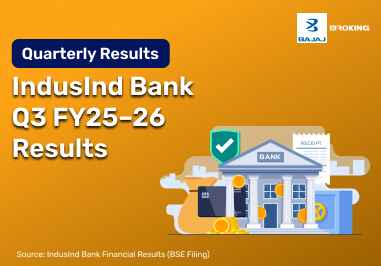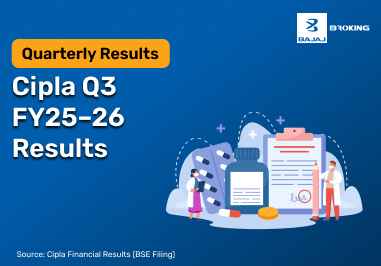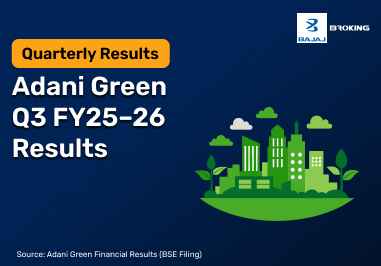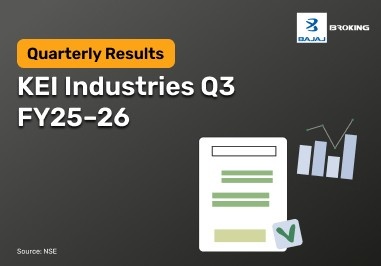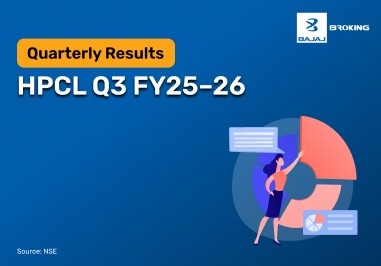Overtrading happens when traders make too many trades in a short period, often without a clear strategy. This common mistake is driven more by emotions than analysis, leading to unnecessary stress and higher transaction costs. Frequent trading doesn’t necessarily increase profits; in fact, it can harm your overall returns.
Recognizing the signs of overtrading and learning to control impulsive decisions is crucial for protecting your capital. Developing discipline, sticking to a well-thought-out plan, and focusing on quality trades rather than quantity can help traders avoid losses and achieve more consistent, long-term success in the market.
What is Overtrading?
When a trader acts on emotion instead of a well-thought-out plan, they purchase or sell too many assets. This is called overtrading. The main things that make people do things are fear, greed, and the need to get back what they lost recently.
This kind of behaviour always leads to bad choices and eats away at revenues over time. The main problem is that there isn't enough structure. Without defined rules for entering and leaving trades, traders typically respond to noise in the market.
Great defences are a well-thought-out trading plan, reasonable risk limits, and patience. I think that fewer deals that are well-planned are much more likely to work out than a lot of trades that are done on a whim.
Additional Read: Is Insider Trading Legal in India?
Types of Overtrading Among Investors
Overtrading can show itself in a number of different ways among investors. I've learnt that figuring out the exact kind can assist a trader in dealing with the problem at its root.
Discretionary Overtrading
This is when a trader doesn't follow any guidelines and employs variable position sizes and leverage. This independence may seem like a good thing, but it typically means taking on too much risk based on gut feelings instead of a planned approach, which may quickly lead to big losses.
Technical Overtrading
This is when a trader picks a position first and then looks for technical indicators to back it up. This is a typical case of confirmation bias, which is when you utilise analysis to back up a belief you already have. This kind of behaviour usually leads to systemic losses over time.
Shotgun Overtrading
This pattern means initiating a lot of tiny bets in different stocks without a clear plan. A trader who does this a lot can't give a clear, logical justification for any one deal; they just hope instead of having a plan.
Key Causes of Overtrading
To stop overtrading, I think it's important to know what psychological factors cause it.
Absence of a Trading Plan: A trader is like a ship without a map if they don't have a clear plan for when to enter and leave trades and how to handle risk. This makes them very likely to make transactions on a whim based on short-term market noise.
Trading Based on Emotions: Feelings are a big reason why people make bad choices. Traders may pursue equities that are going up because they are afraid of missing out (FOMO), and panic might make them sell too soon and for no good reason.
Desire for Quick Profits: The promise of quick, easy money makes traders leap in and out of positions often. This high-frequency method doesn't always include enough analysis, which might lead to big, unnecessary losses.
Overconfidence: A string of profitable deals might make you feel too sure of yourself. When traders think they can guess how the market will go, they often trade too much and take on too much risk.
Market Volatility: When markets are particularly volatile, traders may feel like they have to move quickly to every price change. Even though volatility might create chances, acting without a strategy can frequently lead to getting whipsawed.
What are the Problems Associated with Overtrading?
Overtrading may have a lot of bad effects on a portfolio, and they can all happen at once. I've seen these problems get worse with time.
Transaction expenses: Every trade has expenses, such as broking fees, taxes, and other fees. These charges add up quickly when you trade a lot, and they can take away a lot of your prospective profits or perhaps wipe them out completely.
High Risk: It's impossible to study every trade when you make many. People who don't do their homework make bad decisions that risk their portfolios.
High Stress: When you have many positions, many of which were unexpected, it's hard to monitor the market. In this stressful environment, making decisions is harder, which may lead to more emotional transactions and the cycle continuing.
Portfolio Performance Drops: Due to frequent buying and selling, traders don't always maximise their great offers. This frequent "churn" can prevent them from earning high-quality long-term returns.
Loss of Capital: Due to transaction costs, bad decisions, and mounting losses without a strategy, a trader's money may run out quickly. This costs money and makes it harder to take future opportunities.
Strategies to Avoid Overtrading in the Stock Market
To avoid overtrading, structure and discipline are key. Some tips include:
Make a Trading Plan: Have a clear plan with an entrance, exit, and risk criteria to stay safe. Traders should write it down and follow it.
Set Limits: Set a weekly or daily deal limit. This makes you think more carefully.
Quality over Quantity: Imagine having a few well-researched, high-conviction transactions instead of many low-quality ones. Patience is key in trading.
Manage Emotions: Know your triggers. If you're anxious or happy, it's best to step away from the computer and rethink things.
Conclusion
Every trader should know what overtrading is and what causes it. You can avoid this common and expensive mistake on your trading journey by sticking to a good plan and not letting your emotions get the best of you


